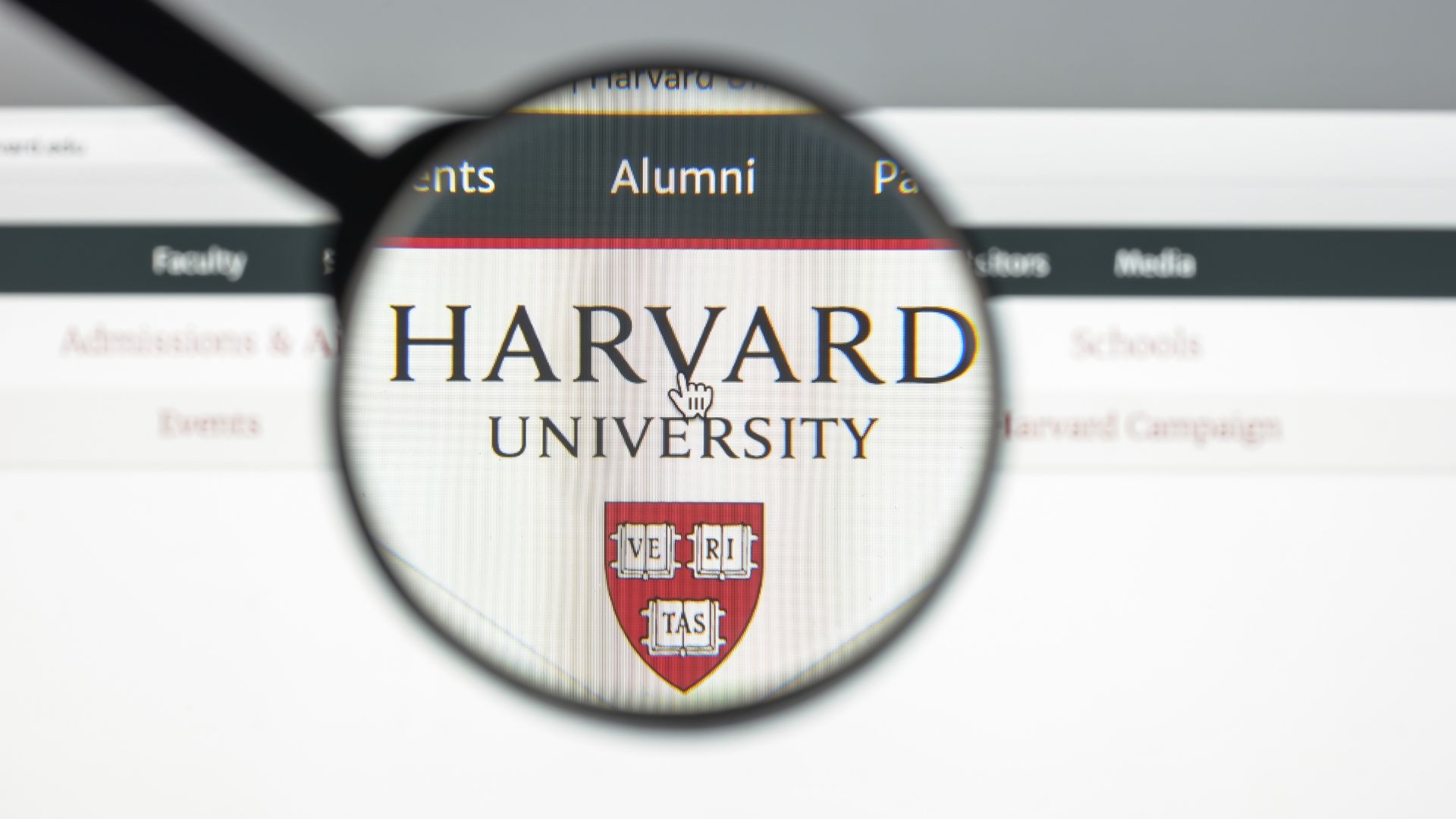
The Trump administration has formally challenged Harvard University’s accreditation status, citing violations of federal civil rights law related to the institution’s handling of antisemitism on campus.
The Departments of Education and Health and Human Services issued a notice Wednesday to the New England Commission of Higher Education (NECHE), the regional accreditor responsible for Harvard, warning that the university “may fail to meet the standards for accreditation.”
ED & @HHSgov have notified the New England Commission of Higher Education that Harvard University is in violation of federal antidiscrimination laws and therefore may fail to meet the Commission’s standards for accreditation. https://t.co/Slx97i321x pic.twitter.com/NAH5l1IoKL
— U.S. Department of Education (@usedgov) July 9, 2025
Trump’s Sovereign Wealth Fund: What Could It Mean For Your Money?
The challenge stems from findings by the U.S. Department of Education and the Department of Justice, which determined that Harvard violated Title VI of the Civil Rights Act of 1964.
Title VI prohibits institutions receiving federal funding from discriminating based on race, color, or national origin.
According to federal officials, the university failed to address ongoing antisemitic harassment and discrimination.
This Could Be the Most Important Video Gun Owners Watch All Year
“By allowing antisemitic harassment and discrimination to persist unchecked on its campus, Harvard University has failed in its obligation to students, educators, and American taxpayers,” Education Secretary Linda McMahon said in a statement.
“The Department of Education expects the New England Commission of Higher Education to enforce its policies and practices, and to keep the Department fully informed of its efforts to ensure that Harvard is in compliance with federal law and accreditor standards.”
If Harvard won’t defend the interests of its students, then we will.
We tried to do things the easy way with Harvard. Now, through their refusal to cooperate, we have to do things the hard way. Harvard, like other universities, has allowed foreign students to abuse their visa…
— Secretary Kristi Noem (@Sec_Noem) July 9, 2025
Health and Human Services Secretary Robert F. Kennedy Jr. echoed the administration’s position, stating, “We will actively hold Harvard accountable through sustained oversight until it restores public trust and ensures a campus free of discrimination.”
This is the second time in recent weeks the administration has taken similar action.
In June, Columbia University faced an accreditation challenge over similar concerns involving antisemitism and alleged civil rights violations.
The Harvard case follows a Department of Justice declaration last week that the university was in “violent violation” of Title VI.
The DOJ found evidence that the school had failed to take adequate action in response to numerous reports of antisemitism.
In response to the investigation, Harvard University issued a public apology acknowledging past failures in responding to discrimination against Jewish students.
However, University President Alan Garber has resisted the White House’s broad set of reform demands, arguing that they infringe on the institution’s First Amendment rights.
In response to what the administration has characterized as noncompliance, the Trump administration has initiated efforts to revoke all federal funding to Harvard.
This includes grants, research funding, and other forms of federal support, totaling billions of dollars.
In addition, the Department of Homeland Security has sought to prohibit the university from enrolling international students, citing concerns that some individuals involved in antisemitic incidents were foreign nationals.
Harvard has pushed back in court, filing legal challenges to both the funding revocation and the proposed international student ban.
Last month, a federal judge issued a temporary restraining order preventing the administration from enforcing the student enrollment ban.
On Wednesday, the Department of Homeland Security issued a subpoena to Harvard President Garber, seeking documentation on the enforcement of immigration laws related to the university’s foreign students dating back to 2020.
The ongoing dispute is expected to escalate further.
The Department of Justice and Harvard University are scheduled to appear in federal court on July 21 for the first hearing in the case concerning the removal of federal funding.
The outcome of the accreditation review and legal proceedings could have long-term implications for Harvard’s access to federal resources and its ability to operate programs involving foreign students.

![Harvard Faces Loss of Accreditation Over Civil Rights Violations Against Jewish Students [WATCH]](https://www.right2024.com/wp-content/uploads/2025/07/Harvard-Faces-Loss-of-Accreditation-Over-Civil-Rights-Violations-Against-750x375.jpg)
![Steak ’n Shake Mocks Cracker Barrel Over Identity-Erasing Rebrand [WATCH]](https://www.right2024.com/wp-content/uploads/2025/08/Steak-n-Shake-Mocks-Cracker-Barrel-Over-Identity-Erasing-Rebrand-WATCH-350x250.jpg)





![Mount Rushmore Could Get Trump Upgrade Under GOP Push [WATCH]](https://www.right2024.com/wp-content/uploads/2025/07/Mount-Rushmore-Could-Get-Trump-Upgrade-Under-GOP-Push-WATCH-350x250.jpg)
![Soros Network, Others Behind LA Riots [WATCH]](https://www.right2024.com/wp-content/uploads/2025/06/Soros-Network-Others-Behind-LA-Riots-WATCH-350x250.jpg)
![Human Trafficking Expert Details Horrific Biden Admin Endangerment of Migrant Kids [WATCH]](https://www.right2024.com/wp-content/uploads/2025/07/Human-Trafficking-Expert-Details-Horrific-Biden-Admin-Endangerment-of-Migrant-350x250.jpg)





